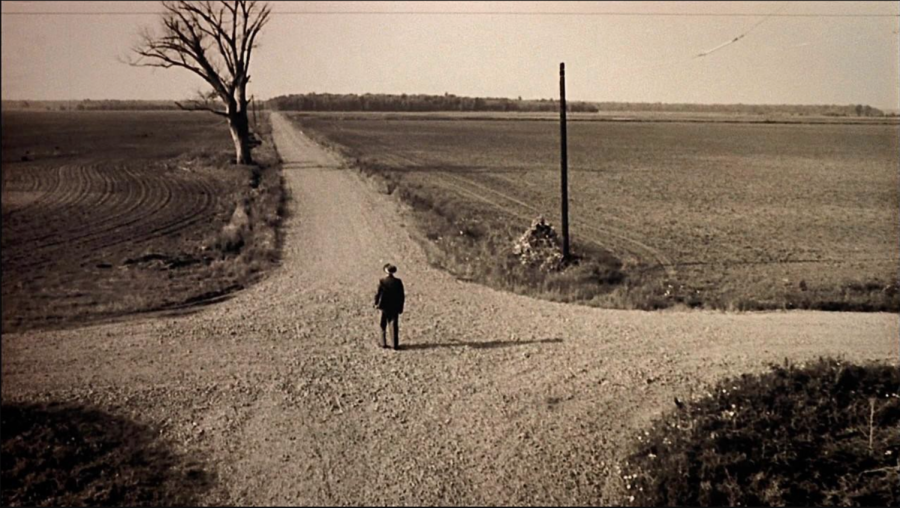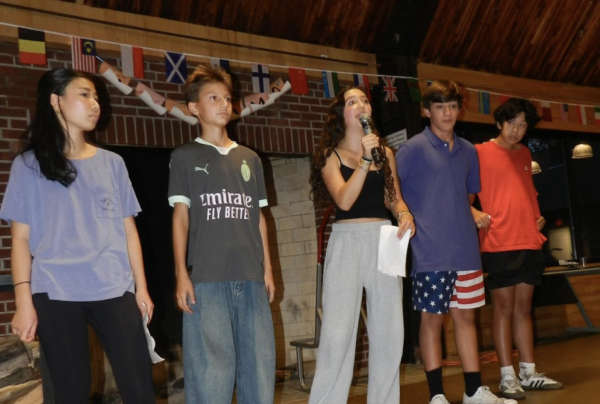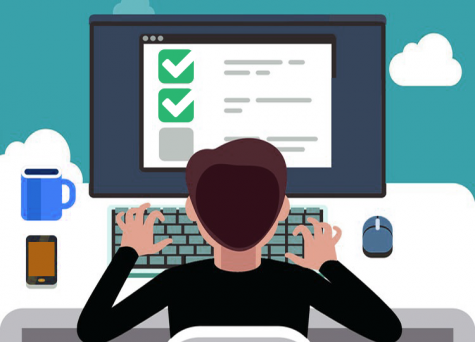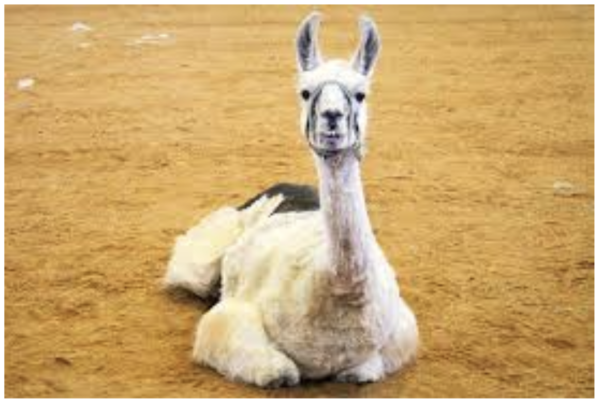IB Advice to T2s
Photo by Robert Johnson
The transition from T2 to the International Baccalaureate program in T3 can be a nerve-racking and stressful experience. As a T2, you’re presented with so many new questions and worries: What courses do I take? What will my work load be? Luckily, the adjustment to a different system doesn’t have to be as stressful as it appears, and there are many sources to help alleviate your stress and make your T2 year as enjoyable as possible!
First, it’s important to recognize that courseloads and IB experiences will vary from course to course, and therefore, from person to person. However, the general structure of your week will be the same as most of your classmates. Instead of taking multiple required courses, you’ll get to narrow down your interests and choose three Higher Level courses, or HLs, and three Standard Level courses, or SLs. You can focus on the courses that truly interest you and that you can see yourself enjoying. These courses will be made up of one course from each IB subject group: language acquisition, studies in language and literature, individuals and societies, sciences, mathematics, and the arts. Simply put, a Language A, Language B, humanities, science, math, and an elective course. If you choose not to take an elective, you can “double up” on two courses from the same subject. In addition to these six courses, you’ll take Theory of Knowledge, or ToK. You’ll be left with 1 or 2 free periods each week. Because HL classes are four times a week and SL classes are three times a week, you typically will only have two of your HLs each day. This makes sure that your daily schedule and homework is varied in both HL and SL classes.
We investigated the differing workloads of T3 IB students based on their courses, and here’s what was found. For a student taking two HL Humanities courses (in this case, History and Economics), each day is not very strenuous. Depending on the week, the workload can range from less than one hour to two hours a day, and very rarely over three hours of work on any given day. However, for this student – who also takes an HL science (Biology) – studying is advised each night and can take more time, especially if quizzes or tests are expected the next day. While the overall workload is manageable, especially with stringent planning and time management, adding extracurriculars such as clubs, test prep (for the SAT or ACT), or athletics can fill up free time quickly.
A student taking two science courses (in this case, Biology and Chemistry) reported that her workload is composed more of studying than doing homework, due to frequent tests and quizzes that require daily review. In general, there is less homework and more individual preparation for testing, culminating in a daily average workload of two to three hours. The IB as a double-science student can be stressful, but overall it is manageable and always pays off when you do well on tests.
Another student taking one course in each IB subject said that the workload of humanities and science courses is generally heavier and requires more effort than her other classes. In her opinion, workload differs greatly between HL courses and SL courses, but she felt that her courses were manageable. She agreed with other students that her daily average workload was around three hours; however, it could be longer due to extracurricular activities such as test prep.
Keep in mind that these are individual cases; your workload might not look like the cases described above. A lot can depend on your own time management and other commitments.
We’re aware that at this point in the T2 year, you may not quite know what you’re interested in or what you can see yourself pursuing in the future. Maybe you are worrying about whether your current T2 grades will impact your success in the IB, but remember that there’s so much more to the course selection process than grades and college.
If you believe one course will interest you more than another but may be harder, it is always more beneficial to follow your interests rather than focus on the difficulty of the course. What can you see yourself doing and investing your time into for the next two years? The more passionate you are about the course, the more successful you will be in the IB. Don’t be deterred by a seemingly heavy workload — much of the time you spend on homework or studying depends on how well you manage your time each week, as well as your overall ability in the subject. Anyway, hard work pays off in the long run, especially if you’re taking a subject you really enjoy (which is very important in the IB).
The best advice we can give you for the upcoming year is to not overstress your academics and put too much pressure on yourself. Even if you decide next year that you dislike a course you’re taking, there’s plenty of time to switch courses in the first months of T3, and UNIS’ IB coordinator, Mr. Staccone, is always willing to help.
Don’t be afraid to question your current teachers on IB subjects they teach or talk to your counselor if you feel too worried. Don’t follow teachers, but keep your relationships with the teachers of your future classes in mind. If you don’t think you can build a relationship with the teacher, perhaps reconsider the class. Talk to current IB students about their experiences, and they’ll be more than happy to help alleviate your fears. Just remember that right now is the time to get excited about the IB program; you’ll learn so much and be challenged, too. In the end, it is so rewarding to have finished the IB with so many new and important skills, as well as with greater knowledge of who you are and what you can achieve!
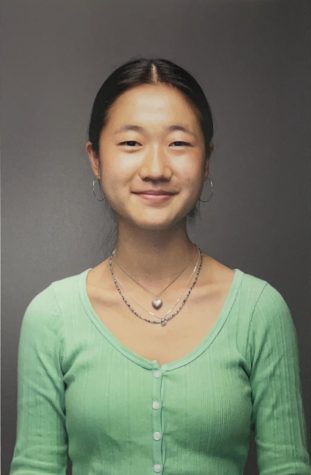
Hi! My name is Anyue and I am in the class of 2023. I am one of UNISVerse's Editors in Chief, but before this position, I was the Opinion Editor for this...

I am in the class of 2023 and I write about many different topics. I enjoy baking and reading in my free time and my favorite classes are Global Politics...



